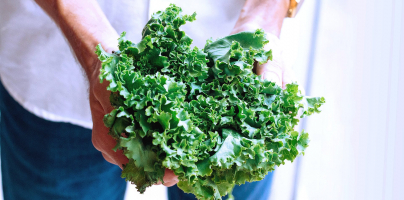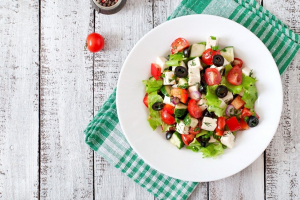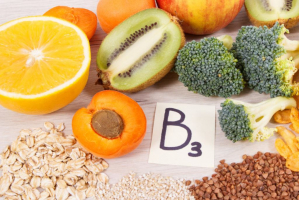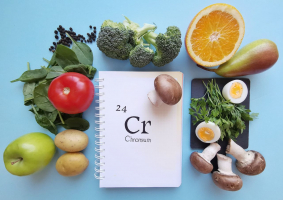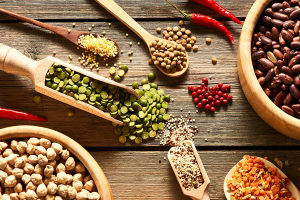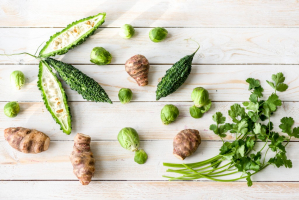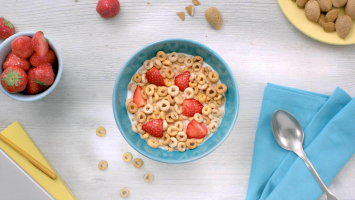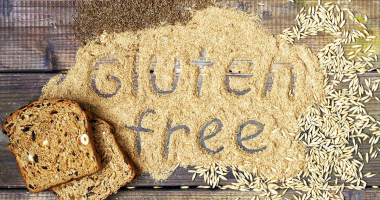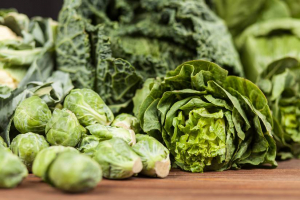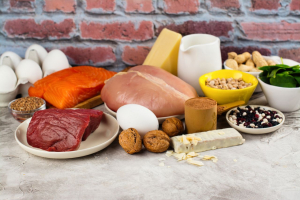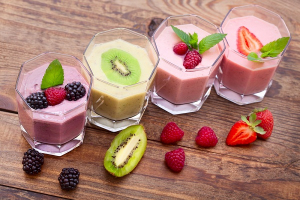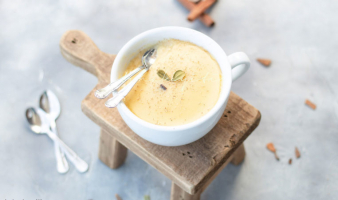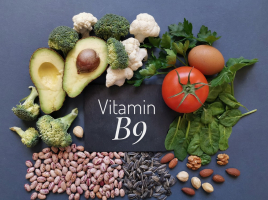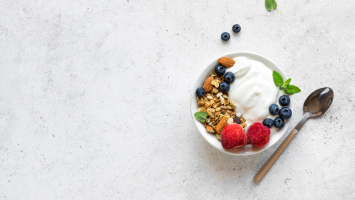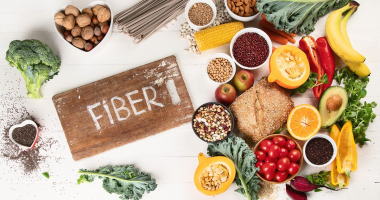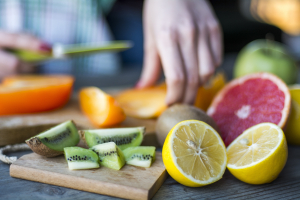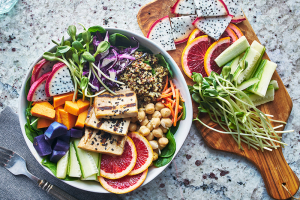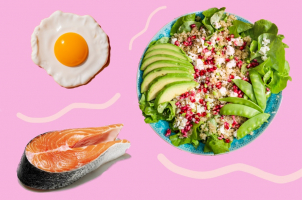Top 5 High Fiber Foods That Are Incredibly Healthy
Fiber is extremely important for humans. It can feed friendly gut bacteria and bring many different health benefits to the body. What's more, certain ... read more...fiber-rich foods can also help with weight loss, lower blood sugar, and combat constipation. The best of high fiber foods are listed below, in order of suggestion.
-
Adults need between 25 and 38 grams of fiber a day, which may seem like a daunting amount. Eating beans can help you reach your daily fiber goals. Many varieties contain at least 7 grams of fiber in a 1/2-cup serving. When you’re increasing your fiber intake with beans, it’s important to take it slowly and to boost the amount of water you drink to avoid uncomfortable bloating. Some beans, such as edamame (a cooked soy bean), are also a good source of fiber. A half-cup portion of shelled edamame contains 9 grams of fiber.
Of the many types of cooked beans, navy beans stand out for having the most fiber. You’ll get almost 10 grams in a 1/2 cup of cooked navy beans. Small and white, navy beans serve as the basis of hearty soups and also of that American staple, baked beans. After navy beans, five other bean varieties offer at least 8 grams in the same serving size: Adzuki, Red kidney, Pinto, Mung, Black.
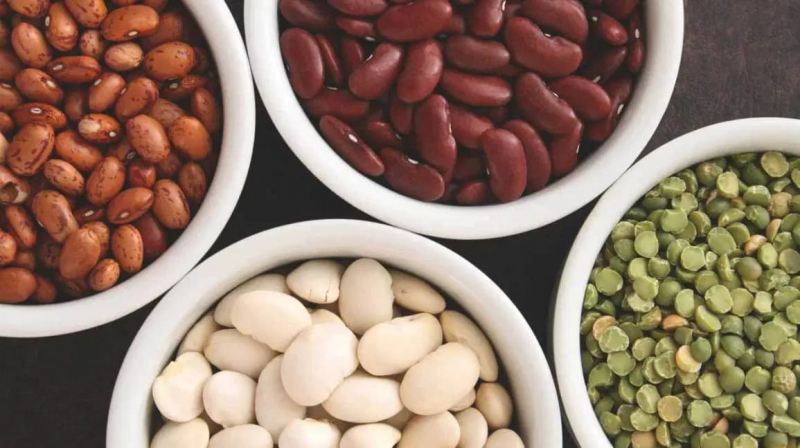
Via: Healthline 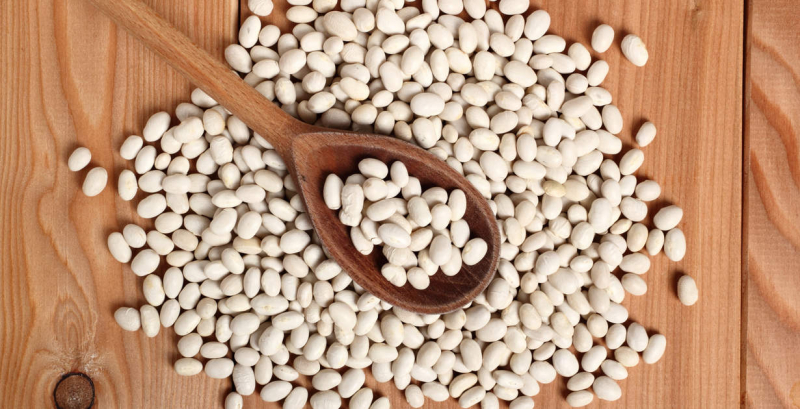
Navy beans (Via: Istock) -
The globe artichoke, also known as French artichoke and green artichoke in the United States, is a cultivated species of thistle. The flower buds, before the flowers bloom, are the part of the plant that can be eaten. On an edible base, the blossoming artichoke flower-head is a cluster of several budding tiny flowers (an inflorescence) with many bracts. The structure of the buds changes to a gritty, barely edible shape as they bloom. The cardoon, a perennial plant endemic to the Mediterranean region, is another variant of the same genus. There are wild variants as well as developed varieties (cultivars).
Thanks to their fiber, micronutrient, and antioxidant content, artichokes may help promote health and prevent some diseases and conditions. Its benefits can be mentioned as: supports heart health, lower cholesterol levels, improve liver health, promotes bone health,.. Preparing and eating artichokes requires a bit more effort than other vegetables. For one thing, its leaves feature thorny points that must be removed before eating. These fiber-rich, delicious veggies, on the other hand, provide numerous health benefits and should be included in your dinner rotation. Artichokes are high in nutrients and are available in a variety of forms, including fresh, tinned, and marinated.
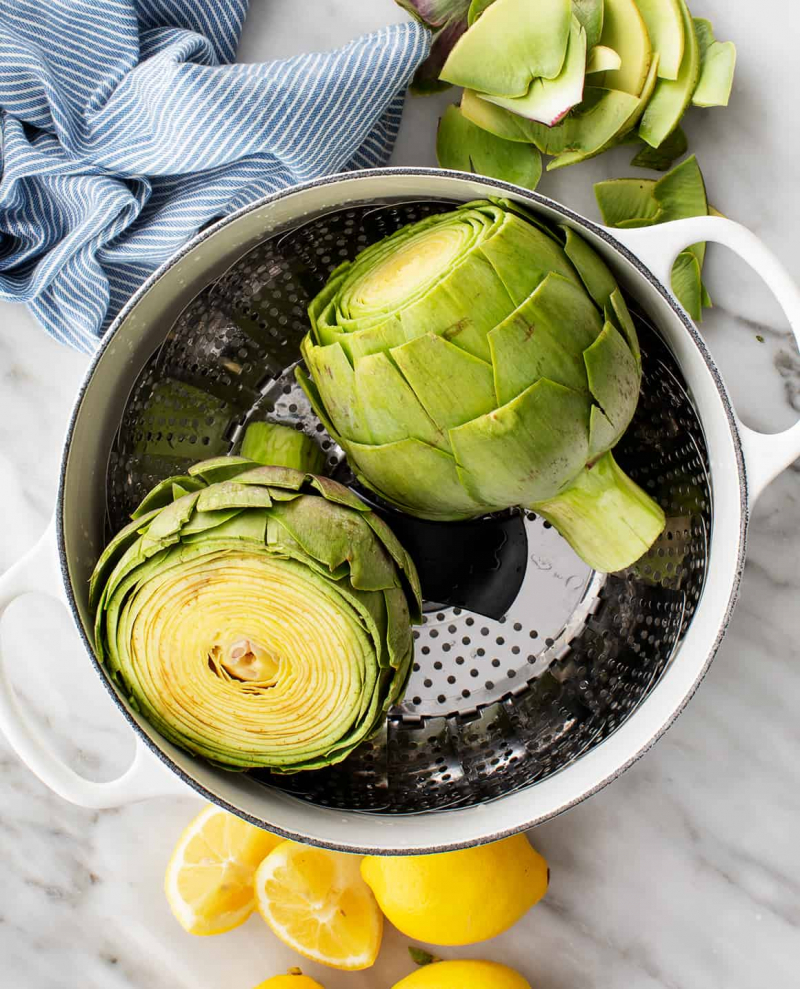
Via: iStock 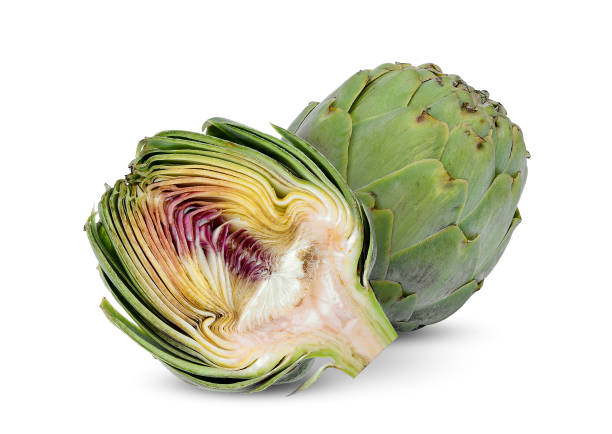
Via: iStock -
The avocado (Persea americana) is a tree native to the Americas, most likely in the highlands of south-central Mexico and Guatemala. Lauraceae is the flowering plant family in which it belongs. The plant's fruit, often known as an avocado (or avocado pear or alligator pear), is a huge berry with a single enormous seed. Avocado trees are largely self-pollinating, and they're frequently propagated by grafting to ensure consistent fruit quality and quantity.
A full avocado contains about 5 grams of fiber. A serving of avocado is one-fifth of an avocado, which contains roughly one gram of fiber, or 4% of your daily need. For a fruit or vegetable to be considered an excellent source it must contain at least 20% of a specific nutrient per serving. Avocados are also an important source of mono- and polyunsaturated fats. These fats are great for improving blood cholesterol levels and decreasing risk of heart disease. But, that’s not all avocados can do for you! They also provide lots of vitamin E, K, B6, and C.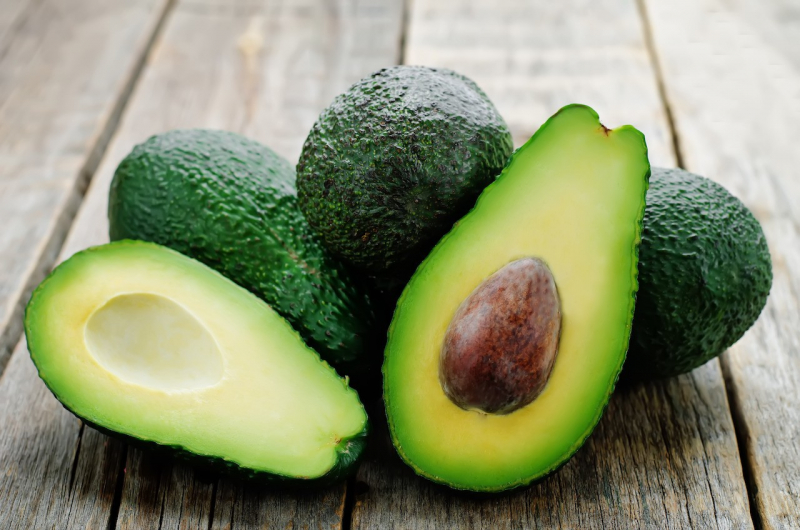
Via: iStock 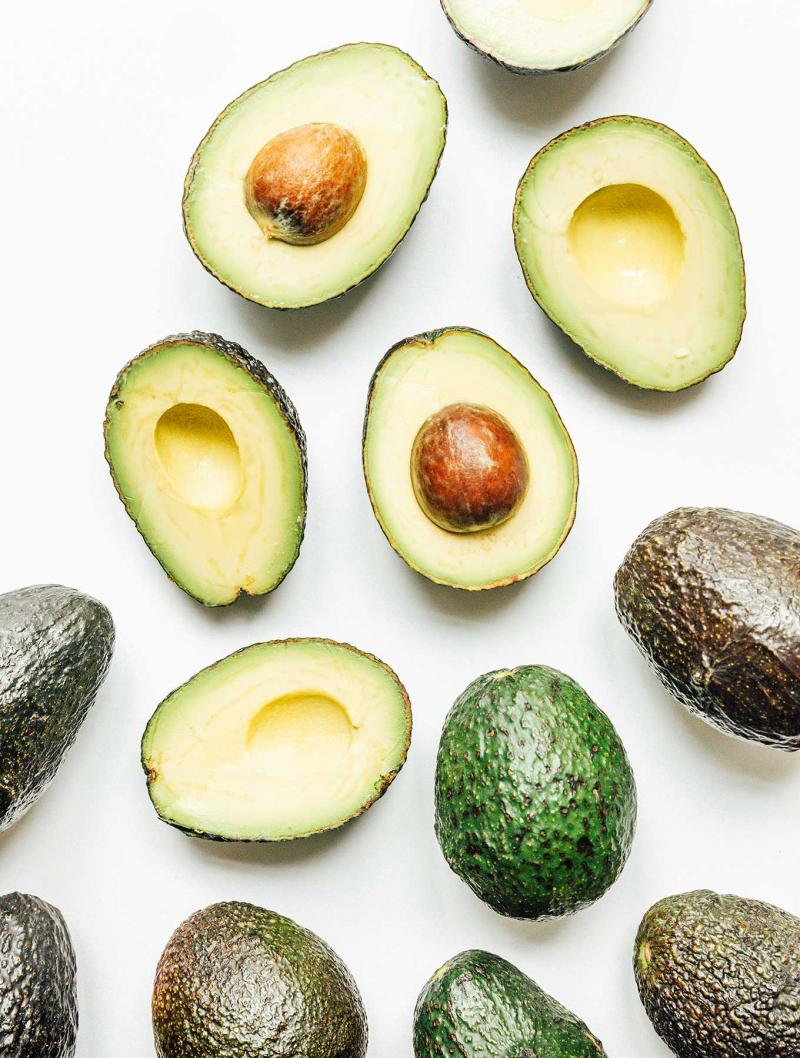
Via: Live Eat Learn -
Pears are a type of fruit that grows on trees and is harvested in the Northern Hemisphere from late summer to early October. The pear tree and shrub belong to the genus Pyrus, which belongs to the Rosaceae family and bears the same-named pomaceous fruit. Pears are grown for their edible fruit and juices in some species, while others are grown as trees in others. The tree is medium in size and native to Europe, North Africa, and Asia's coastal and slightly temperate regions. Pear wood is one of the most popular materials for making high-end woodwind instruments and furnishings. Pears are grown in about 3000 different types around the world, each with its own shape and flavor.The fruit is consumed fresh, canned, as juice, or dried.
Pears are one of the leading fruit sources of fiber. A medium-sized pear packs 6 grams of fiber, which equals about 21% of the recommended daily value. The skin contains the majority of the fiber found in a pear, so enjoy the skin for added flavor, texture, and nutrients. The soluble fiber in pears has been found to lower LDL, or bad cholesterol, levels. This contributes to heart health and reduces one’s risk for cardiovascular disease.
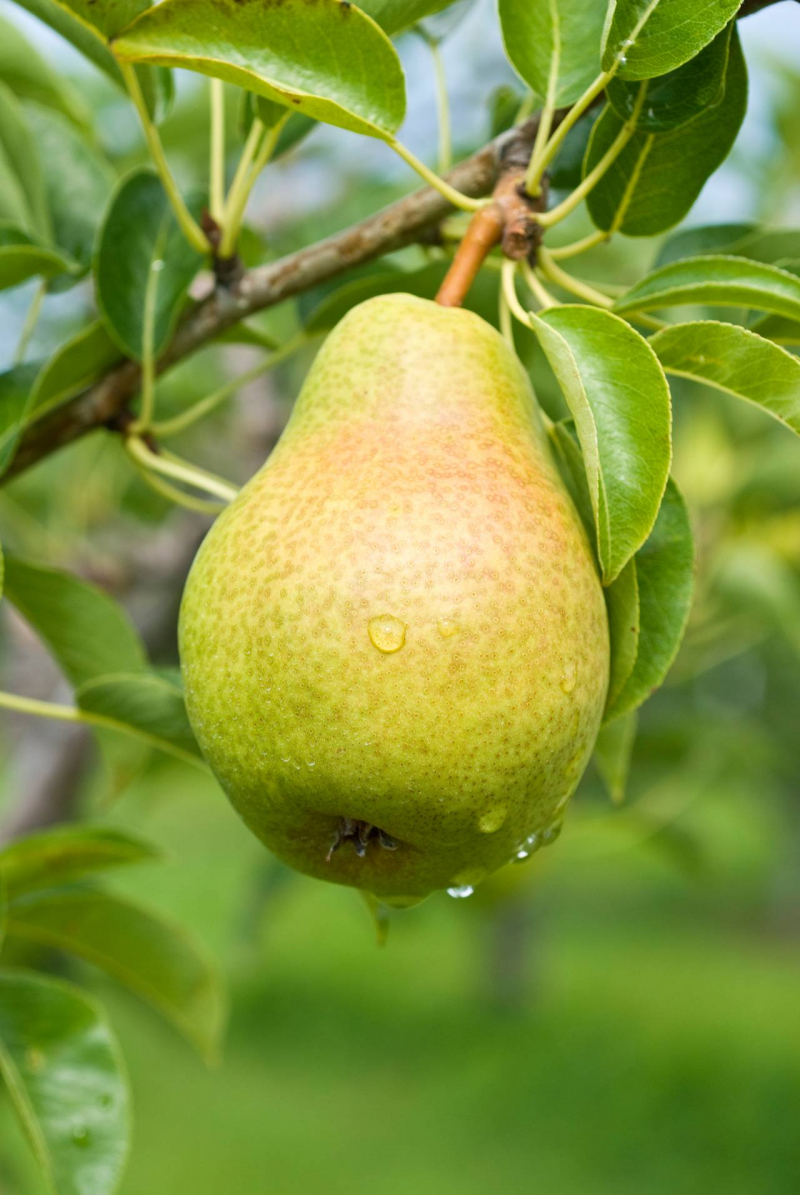
Via: Agricultural Marketing Resource Center 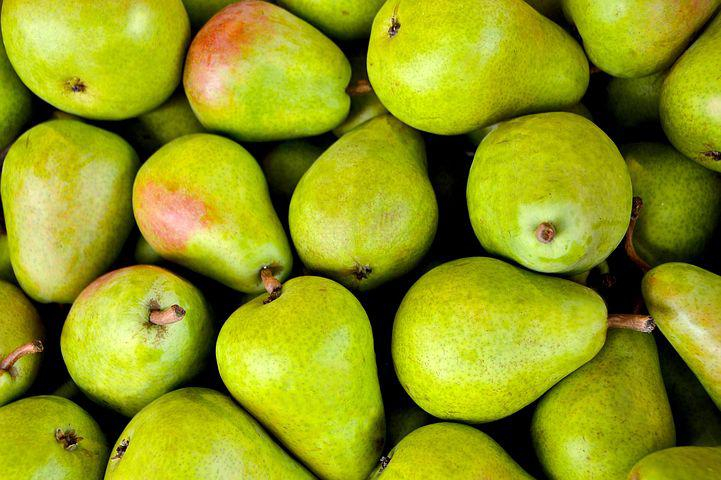
Via: Pixabay -
Chia seeds (Salvia Hispanic), often known as Salba chia or Mexican chia, are edible seeds from a mint family flowering plant. The seeds have a long history in Mexico and Guatemala. In ancient Aztec and Mesoamerican societies, they were an important crop. The seeds were used for therapeutic purposes and were an essential part of the people's meals.
Chia is now cultivated commercially in a number of countries, including Mexico, Guatemala, Peru, Argentina, Australia, and the United States. The seeds are well-known for being nutrient-dense supplements to a balanced diet.Chia seeds contain large amounts of fiber and omega-3 fatty acids, plenty of high quality protein, and several essential minerals and antioxidants. The fiber and protein in chia seeds may benefit those trying to lose weight. One ounce (28 grams) of chia seeds has close to 10 grams of dietary fiber. Some of these antioxidants include Caffeic acid, Chlorogenic acid, Kaempferol, and Quercetin. These nutrients help provide many significant health benefits such as reduced free radicals, better heart health, improved blood sugar levels, reduced inflammation, healthier weight management, and better bone health.
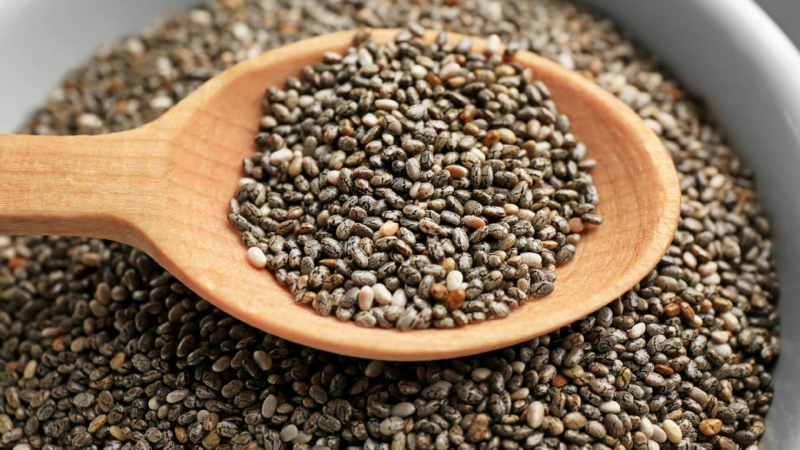
Via: iStock 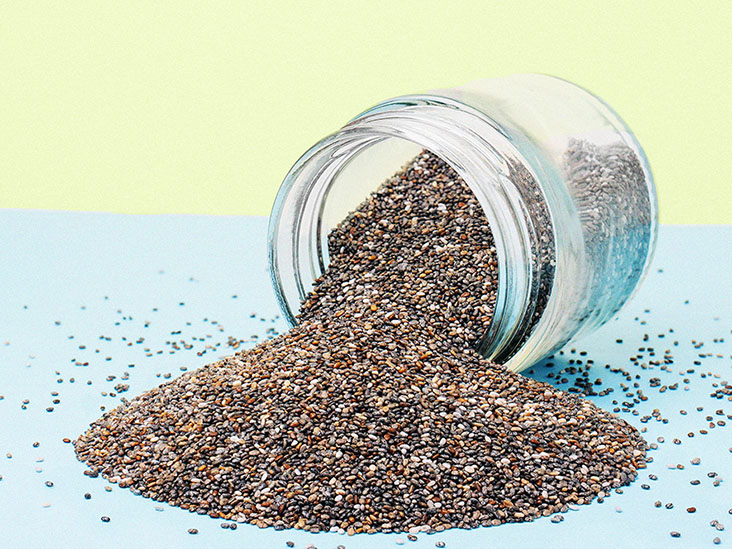
Via: Medical News Today







